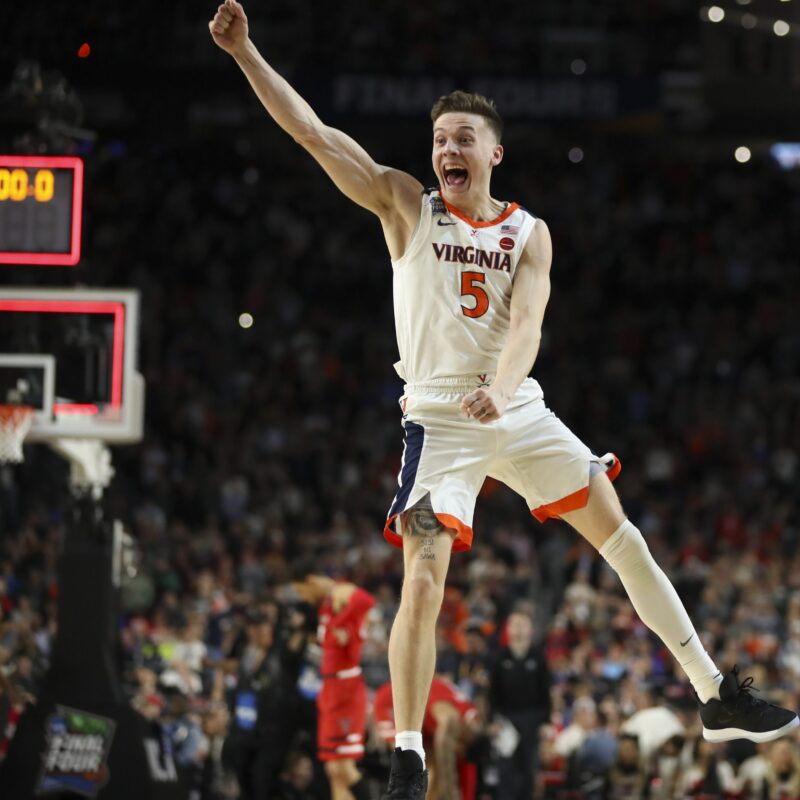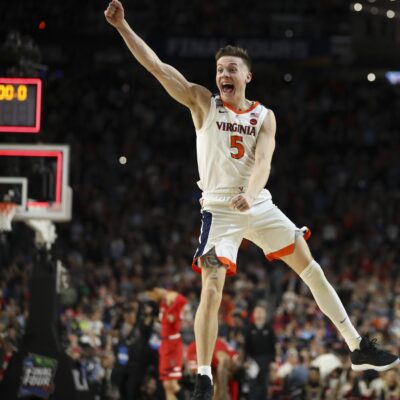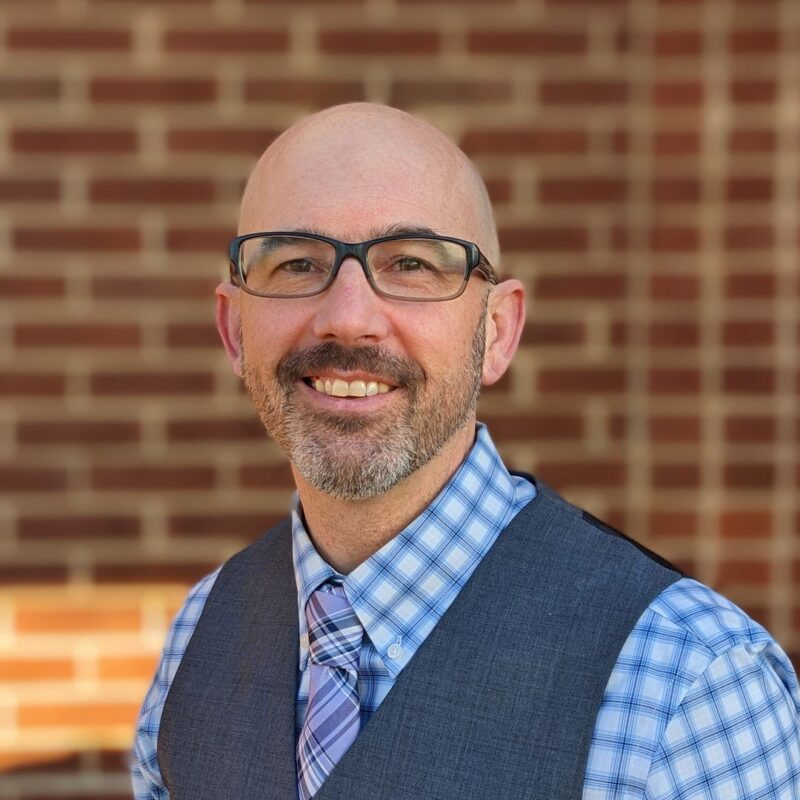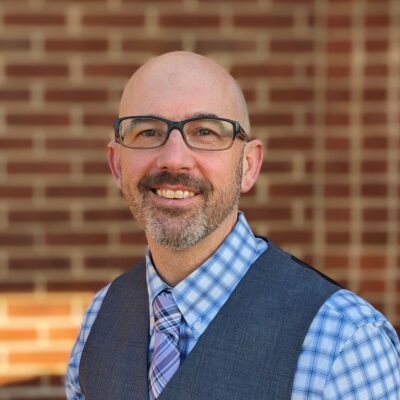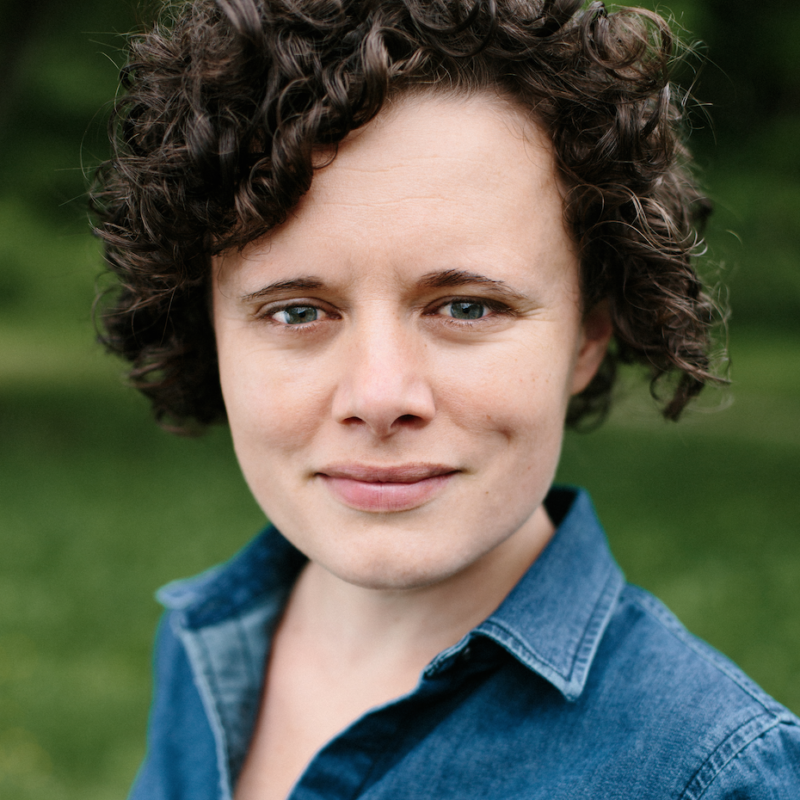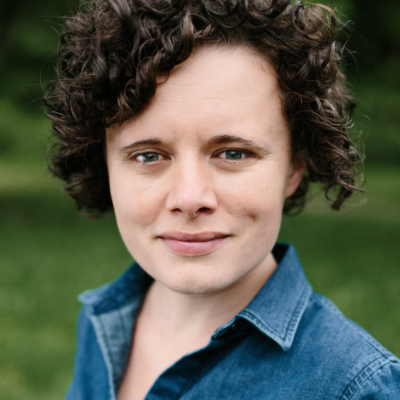Monday, October 8, is Columbus Day, started in…well, that’s not important, is it? After all, what is Columbus Day but a celebration of the man himself, Christopher Columbus, without whom our ancestors might not have crossed the Atlantic? That all depends on how open you are to history.
 |
Starting on Friday, October 5, the Bridge Progressive Arts Initiative and the Living Education Center team up for a weekend of events concerning Christopher Columbus and our annual celebration of the explorer. Titled “Columbus: Myth and the American Dream Revisited,” the event pulls together scholars, activists, authors and musicians for a series of public discussions, performances and a film screening—all aimed at offering alternate historical perspectives on Columbus and how we commemorate him. The event concludes with a free public forum (moderated by C-VILLE editor Cathy Harding) at Live Arts on Sunday, October 7, at 7pm. The complete schedule of events is available at www.columbusdaycville.com.
Why should you attend? The four guests for this weekend all spoke with C-VILLE in anticipation of their events. Here’s what they had to say about working to expand historical perceptions of Columbus.
Natsu Saito
Natsu Saito is a professor of law at Georgia State University, a position that she has held since 1994; currently, Saito teaches courses in criminal procedure and international human rights. Saito’s research and writings span the current immigration debate and the U.S. government’s plenary power—the absolute authority of a governing body—to the recognition of the territories and identities of American Indian tribes. Saito is married to Ward Churchill, with whom she was arrested in 2004 for protesting the celebration of Columbus Day in Denver. At the UVA Art Museum on Friday, October 5. Free, 5:30pm.

Natsu Saito
|
What is your earliest experience with Columbus Day from an educational perspective?
I didn’t go to school in the U.S. for the most part—I went to international schools in Japan—so Columbus Day wasn’t celebrated. I was in high school before I got a proper understanding of how Columbus tended to be portrayed in U.S. education and mainstream ideology. But that was in the ’60s and ’70s. And at that point, I thought we all got it, and that we were no longer celebrating the history of genocide in this country and there was some attempt to start to deal more honestly with that history. …[O]ne of the reasons why we can’t unpack this history is that, once we start to do it, it calls into question everything about how we define ourselves as Americans.
What was your motivation to study law and ethics in connection to minority and indigenous peoples in the U.S.?
It probably came from my family’s experience. On my father’s side, my family is Japanese-American—my grandmother and my father and his siblings were interred during World War II and that has deeply affected my understanding of the conflict between the constitution and stated principles, of U.S. justice and its lived realities.
Ward Churchill
The protest against the 100th anniversary of the celebration of Columbus Day in Denver, Colorado, will go off without Ward Churchill this year. Since 1989, Churchill has protested the celebration of what he calls “genocide” with the American Indian Movement, an act that led to his arrest (and acquittal) in 2004 along with more than 200 additional protestors (including Natsu Saito). Churchill was dismissed from his teaching position at the University of Colorado in 2007, an action that he is appealing. He will speak in conjunction with a screening of The Canary Effect, a documentary about the struggle of American Indians to reconcile with U.S. government policy. At Vinegar Hill Theatre on Friday, October 5. Tickets available through Live Arts, 9pm.

Ward Churchill
|
Why did you break from protesting in Denver following your arrest? And why change the venue of protest from Denver to Charlottesville?
In 2005, I would’ve been a diversion—this is cost-benefit analysis. If I’d gone out and taken a leading role in 2005, this whole issue would’ve been about me. That’s not the issue; I’m not the issue. It’s much broader than that. But I’m not gonna be used by the right in such a manner as to divert attention from the actual issues into the false issues that have been constructed around me and my participation.
Why am I coming to Virginia? Primarily, because I’m invited. And also because Columbus signifies a broader whole—one of the elements of the broader whole is Jamestown.
What is your experience with The Canary Effect? What can an audience take from the film in terms of education?
It recontextualizes the flow of American history…[M]ost people—and I don’t know what most would add up to—when confronted with the facts are uncomfortable celebrating them. You instigate a certain cognitive dissonance by forcing the facts in their face.
Dana Lyons
A folk musician based in Washington state, Dana Lyons is a hard man to tie down—he has performed in 46 of the 50 states and has toured extensively in the United Kingdom, Mexico and Siberia, among other spots. His biggest hit, a country tune called “Cows with Guns,” tells the tale of a group of uppity bovines that stage an insurrection to roam free (inspired by Che Guevara, and referencing a “Cow Tse Tung” figure). Lyons met Derrick Jensen at an environmental conference years ago; the two have performed together periodically during the last few years. At Live Arts on Saturday, October 6. Tickets available through Live Arts, 3pm.

Dana Lyons
|
How do you see music as an educational and political tool?
For me, the primary purpose of music is to entertain, so in my concerts I sing a lot of comedy as well as ballads and love songs. I think music is our ancient form of language, more ancient than words, and it can touch people emotionally in ways that are more difficult than using the language of words. [Music] helps people feel comfortable and open their hearts to different ideas.
What can an audience expect from your performance with Derrick Jensen?
I sing first, then Derrick speaks; after he speaks, there are a million very important questions. …[I]n Derrick’s case, his talk is so compelling that it is virtually impossible to follow.
[We met] many years ago at an environmental conference in Washington state…later, a friend in Seattle put together a show with the two of us. We realized it was a good match. I find his books very affirming to my deep-held beliefs—that we live on a very beautiful planet that is under attack, and we must defend what we love for our families and for all of creation.
Derrick Jensen
Activist and author Derrick Jensen is nothing if not well informed, but that knowledge doesn’t sit idle within the man. Since the publication of his memoir, A Language Older than Words, Jensen has carried the reputation of a writer who can’t see the ivory towers for the trees—a man engaged in actively improving the living situations of himself and others by way of history, philosophy and sheer grit. In his recent, two-volume work, Endgame, Jensen sets his sights on ecological sustenance and begins the upward climb to social and global preservation that such hopes require. At Live Arts on Saturday, October 6. Tickets available through Live Arts, 3pm.

Derrick Jensen
|
What was your process for structuring the lecture that you will give for the Columbus event? What do you hope audience members take from the discussion, specifically?
It’s structured around the question, “Do you believe the culture will undergo a voluntary transformation to a sane and sustainable way of living?” I ask that question all over the country, and nobody ever says yes. The next question then is, “If you don’t believe the culture will undergo a voluntary transformation…and you care about the land where you live, what does that mean for your strategy and your tactics?” The answer is that we don’t know, and one of the reasons we don’t know is that we don’t talk about it, and one of the reasons we don’t talk about it is that we’re all so busy pretending we have hope. This talk is about getting to that shift in strategy and tactics.
You begin a chapter in Endgame with the Gil Bailie quote: “Violence is shrouded in justifying myths that lend it moral legitimacy.” How will your discussion shed light on these myths?
I don’t remember who it was who said that “Unexamined beliefs are the real authorities of any culture.” Likewise, Steven Biko said that the most powerful tool in the hands of the oppressor is the minds of the oppressed. And, similarly, so many indigenous peoples have said that the first thing that we all must do is decolonize our hearts and minds to start to perceive this culture for what it is. So one of the ways I can help is by attempting to lay bare some of the premises of this culture, so that people can accept or reject them consciously and explicitly.
